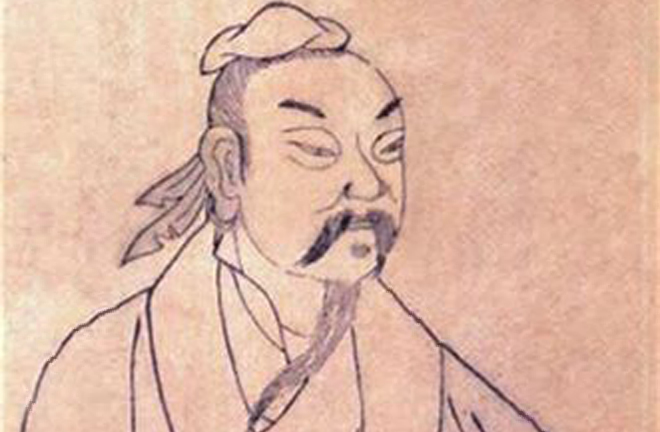Exploring legacy of Zhuangzi

Zhuangzi (Chuang Tzu) was an influential Chinese Taoist philosopher who lived around the 4th century BCE. Photo:File
HEFEI—At the press conference of the first 2019 issue of Zhuangzi Research at Anhui University in early September, experts explored the contemporary relevance of Zhuangzi (Chuang Tzu), an influential Chinese Taoist philosopher who lived around the 4th century BCE.
The most important political ideal in the Zhuangzi is “the equalization of things,” said Wang Lisheng, party secretary and deputy director of the Institute of Philosophy at the Chinese Academy of Social Sciences (CASS). The equalization of things emphasizes equality within heterogeneity and equality based on particularities. This concept of equality is a profound critique of the monopolistic theory of civilization with a homogenizing tendency.
As Chinese philosopher Zhang Taiyan (1869–1936) pointed out, blindly worshiping the theory of evolution and Western capitalist civilization has led to an opposition between civilization and barbarism. In essence, it is simply a hegemonic worldview, Wang observed. Today, we should create a world that conforms to Zhuangzi’s ideal of the equalization of things, a world of harmony without uniformity.
Zhuangzi’s brilliant life wisdom is still of great significance to modern people, said Liu Jiangying, executive deputy director of the Anhui Provincial Research Institute of Culture and History. Since the 20th century, science and technology and material production have developed by leaps and bounds, and people’s material lives have been greatly improved. However, while pursuing material culture, people often deviate from objective laws and natural laws, leading to ecological crisis, social unrest, terrorist crimes and moral degradation. One of the effective ways to solve these problems is to tap and promote the precious spiritual resources in traditional culture.
Zhuangzi is such a spiritual resource, Liu observed. In fact, in Zhuangzi’s view, people can only move toward spiritual liberation and freedom along with enjoyment in untroubled ease after resisting the temptation of fame and fortune, dispelling absolutism, and getting rid of the shackles of life and death.
Zhuangzi Research is a collection compiled by CASS’s Institute of Philosophy, Center for Cultural Studies (CCS), Center for Social Development Studies (CSDS), and the People’s Government of Mengcheng County, Anhui Province, presenting the latest achievements in the field of Zhuangzi studies at home and abroad, Wang said.
Hu Wenzhen, CCS deputy director and editor-in-chief of Zhuangzi Research, said that the journal was first published in 2018.
To realize the creative transformation of Zhuangzi research, Hu said that one must focus on Zhuangzi’s thoughts on harmony, sorting out the relationship between people, between man and nature, and between people and society. In addition, he said: “It is necessary to refer to reality and transform Zhuangzi studies into applied research.”
Hu continued that we can transform Zhuangzi culture into a cultural brand, transform Zhuangzi’s thought into a cultural industry and provide public cultural products. Zhuangzi Research is an example.
According to Sima Qian’s Records of the Grand Historian, Zhuangzi was a native of the town of Meng (in modern Mengcheng County, Bozhou City, Anhui Province).
Guo Biao, executive vice president of the Anhui Chuang-tzu Research Association and editor-in-chief of Zhuangzi Research, said that Mengcheng people have upheld the legacy of Zhuangzi, being introverted and non-aggressive, while trying to make a difference.
Based on the Zhuangzi culture, Mengcheng has actively built itself into the hometown of couplets, the hometown of pen calligraphy, the hometown of health food, and the hometown of music and art in China, and it regularly hosts the unique Zhuangzi Culture Week, making Zhuangzi accessible, sensible and tangible, Guo said.
In the new era, Hu said that it is necessary to introduce to the world the study of the Hundred Schools of Thought, the philosophies and schools that flourished from 770 to 221 BCE in ancient China. The Hundred Schools of Thought lay the foundation for China’s refined culture and history, and Zhuangzi research is part of it. Such research is an important project for China’s cultural confidence and its power of discourse.

 PRINT
PRINT CLOSE
CLOSE